Nature reports
Page 3 of 36 - 358 Results

Her Royal Highness Princess Beatrix of the Netherlands will visit Sint Maarten and Saba from November 12 to 15. As the patroness of DCNA, the Princess’s visit will highlight nature conservation and social initiatives on the..

Dive into the underwater world with the newly released Caribbean guilder! The redesigned currency for Curaçao and Sint Maarten features stunning marine life. With each glance at a guilder, we’re reminded of the interconnectedness..
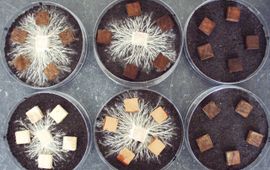
Of all the components of dead plants, wood is the hardest to break down. Why is it that fungi know how to do this? What issues did they need to solve to achieve this? The Netherlands Institute of Ecology (NIOO-KNAW) tries to find..
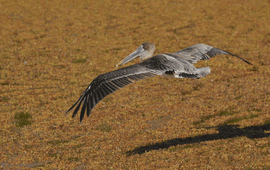
The Dutch Caribbean Nature Alliance is proud to be involved in the development of Carto, an innovative web application designed to modernize how we monitor and protect key habitats across the Dutch Caribbean. This tool, partly..
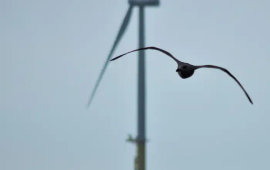
Scientists have been studying how birds move and migrate for hundreds of years. Recently, understanding this complex phenomenon has become much more important because countries are building thousands of wind turbines in and around..
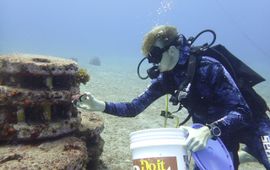
Saba has an exciting new initiative to restore its coral reefs. This new project, running from 2024 to 2026, will focus on reviving key species in the island’s underwater ecosystems. With a collaborative team from the Saba..
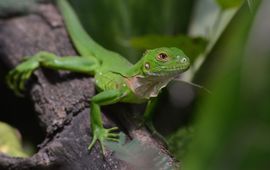
A recent pilot study shows that nests of the Lesser Antillean iguana on Sint Eustatius are used by several other plant and animal species. They use the nests at least for cooling, hunting, and reproduction. This underscores the..
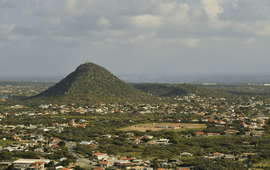
A team of experts from CARMABI Foundation and Wageningen University have recently finalized the landscape ecological vegetation map of Aruba. Aiming to enhance conservation efforts, this research offers a detailed look at how..
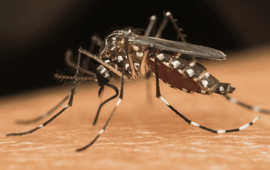
Scientists from Naturalis Biodiversity Center, Leiden University, Dutch National Institute of Health, Netherlands Food and Consumer Product Safety Authority have completed an exciting study on Bonaire, to explore where different..
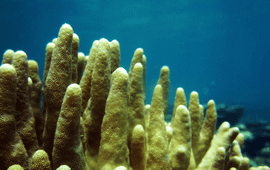
A recent study explored the dispersal patterns of certain coral species found around Curaçao. These corals are critical to the Caribbean reef ecosystem. Knowing how they disperse helps to predict their ability to recover from..
